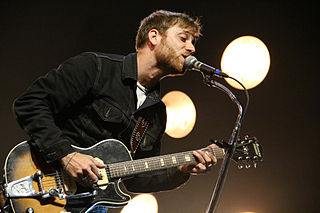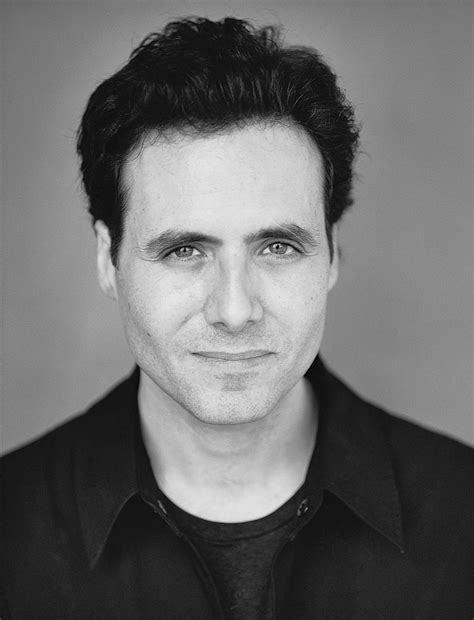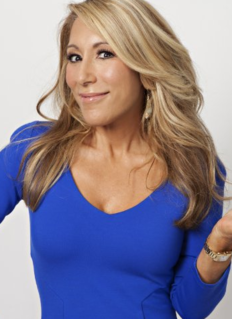A Quote by William Gibson
When I start writing a new imaginary future, I have no idea what it is. The characters arrive first. They help me figure out where they are living and I get to fill in the gaps with that and where we are. So when I get to the end of the process of composition, if I feel that I have really done my job, I have no idea what I've got - and I then spend essentially the rest of my life figuring out what it might mean.
Related Quotes
Yeah, we don't consider many stupid things. I mean, we get rid of 'em fast...Just getting rid of the nonsense -- just figuring out that if people call you and say, 'I've got this great, wonderful idea', you don't spend 10 minutes once you know in the first sentence that it isn't a great, wonderful idea...Don't be polite and go through the whole process.
Perhaps if there is anything remotely interesting about my writing style, it is this: more often than not I have no idea what the story is going to be about. Sometimes I have a fuzzy vision, or a glimpse of one scene, or a character. But mostly all I have is a random first sentence, and I follow it to see where it might go. For me, writing is the process of discovery, of gradually figuring out what happens in the story and how it ends, that makes writing an interesting process for me.
I'm sure you feel differently about writing than you did when you first started. When you get older and your brain changes, you have to figure out how your job fits into your life as it changes, you know what I mean? I guess everybody goes through that stuff, and I'm no exception, always trying to figure out what I'm doing with music.
First comes an idea. Then, characters begin to evolve out of the landscape of that idea. And then, finally, characters dominate: plot is simply a function of what these people might do or be. Everything has to flow from their personalities; otherwise it will not be emotionally engaging, or plausible.
For me, it is about using everything that is there and using the gaps in the record, figuring out why the gaps might be there. And then when you move on to the level of what historians said, laying the interpretations side by side. You also have to look back at the documents and make your own judgments. What the record says and what people say about it. A novelist can fill the gaps in a way that a biographer cannot.
When I'm going to work, I often stop and wonder how I've got here. I don't mean literally, but just thinking back to when I first had the idea of being an actress, it seemed so unreal, so unlikely. People like me just didn't become actresses. Every new job I get comes as shock. It's almost as if I'm waiting to be found out.
The world is a thing of utter inordinate complexity and richness and strangeness that is absolutely awesome. I mean the idea that such complexity can arise not only out of such simplicity, but probably absolutely out of nothing, is the most fabulous extraordinary idea. And once you get some kind of inkling of how that might have happened ' it's just wonderful. And . . . the opportunity to spend 70 or 80 years of your life in such a universe is time well spent as far as I am concerned.
First you document your idea. You should be comprehensive, but that doesn't mean you have to produce a doctoral thesis length plan. Rather you want to make sure you have touched all the different things that have to happen to succeed. Then, you evaluate your approach. The goal here isn't to figure out if your idea is good or bad, but rather to begin to figure out what are some of its weakest elements.





































